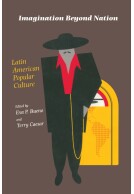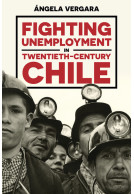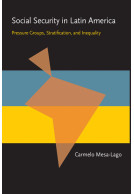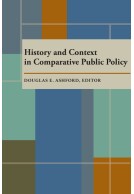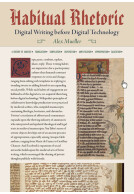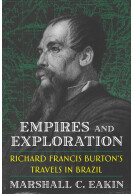The Weak and the Powerful (Hardback)
Omar Torrijos, Washington, and the Non-Aligned Movement
Series: Pitt Latin American Series
Pages: 320
ISBN: 9780822948070
Published: 10th June 2024
Script Academic & Professional
(click here for international delivery rates)
Order within the next 5 hours, 3 minutes to get your order processed the next working day!
Need a currency converter? Check XE.com for live rates
Panama is a country whose geopolitical importance outweighs its size because of the volume of trade that passes the Central American isthmus through the canal. For nearly a century, the United States occupied and controlled the Panama Canal Zone and its shipping operations. In 1999, control was passed to Panama’s Canal Authority. This peaceful transfer was a result of the 1977 Torrijos-Carter Treaties. The Weak and the Powerful studies how a weak country negotiated the Cold War and how a strongman navigated between competing power blocs. Omar Torrijos took power in Panama through a 1968 coup d’état and ruled that country until his death in 1981. He committed his country to the Non-Aligned Movement (NAM), which purported to stand for noninterference and against imperialism. Jonathan C. Brown looks at how Torrijos and the NAM were able to mobilize world opinion of the weak against the powerful to pressure the United States to live up to its democratic and international ideals regarding sovereignty of the canal. The author also demonstrates how world opinion was unable to address the problems of ideologically motivated warfare in neighboring Central American states.
In a very brief nutshell, the book explores how Panama, under the leadership of Omar Torrijos, navigated the complexities of the Cold War and wrested control of the Panama Canal Zone away from the US. The canal itself being a valuable shortcut between the Atlantic and Pacific Oceans, thus enabling ships to avoid the lengthy, costly, and often hazardous voyage around Cape Horn, something that benefited both East and West.
Army Rumour Service
In particular, the author looks at the strategies Torrijos employed to maintain Panama’s sovereignty and negotiate a series of treaties that allowed the transfer of control of the canal from the United States to Panama. The author identifies and analyses the political ploys and diplomacies used.
Torrijos was a skilled negotiator and politician who knew he had to keep both East and West happy. However, the book looks a little beyond the canal issue itself, and touches on Panama’s role in the broader Cold War and the potential implications of smaller nations in global politics.
Torrijos’ key strategy was to position Panama with the ‘Non-Aligned Movement’ (NAM) while maintaining cordial ties with both the U.S. and the Soviet Union. The NAM was designed to give smaller nations more autonomy in the Cold War era by advocating for their neutrality and non-intervention from the superpowers. He deliberately framed Panama's struggle as part of a wider global movement against imperialism and interference, particularly from superpowers like the United States. This strategy sought to use global opinion to help pressure the U.S. into negotiating the treaties which led to the transfer of the canal to Panama.
Embedded in this strategy were the key concepts of courting popular worldwide public opinion; the tact of maintaining good relationships with all stakeholders; focussing on the economic advantages for everyone of a successful outcome of what he was negotiating for; and in doing this, he brought about a sense of national pride within Panama itself, uniting his people behind him.
This book is a fascinating and in-depth read that looks at many aspects of politics, negotiations, and social history; sadly, I suspect it will have a rather limited market, hence its hefty price.









